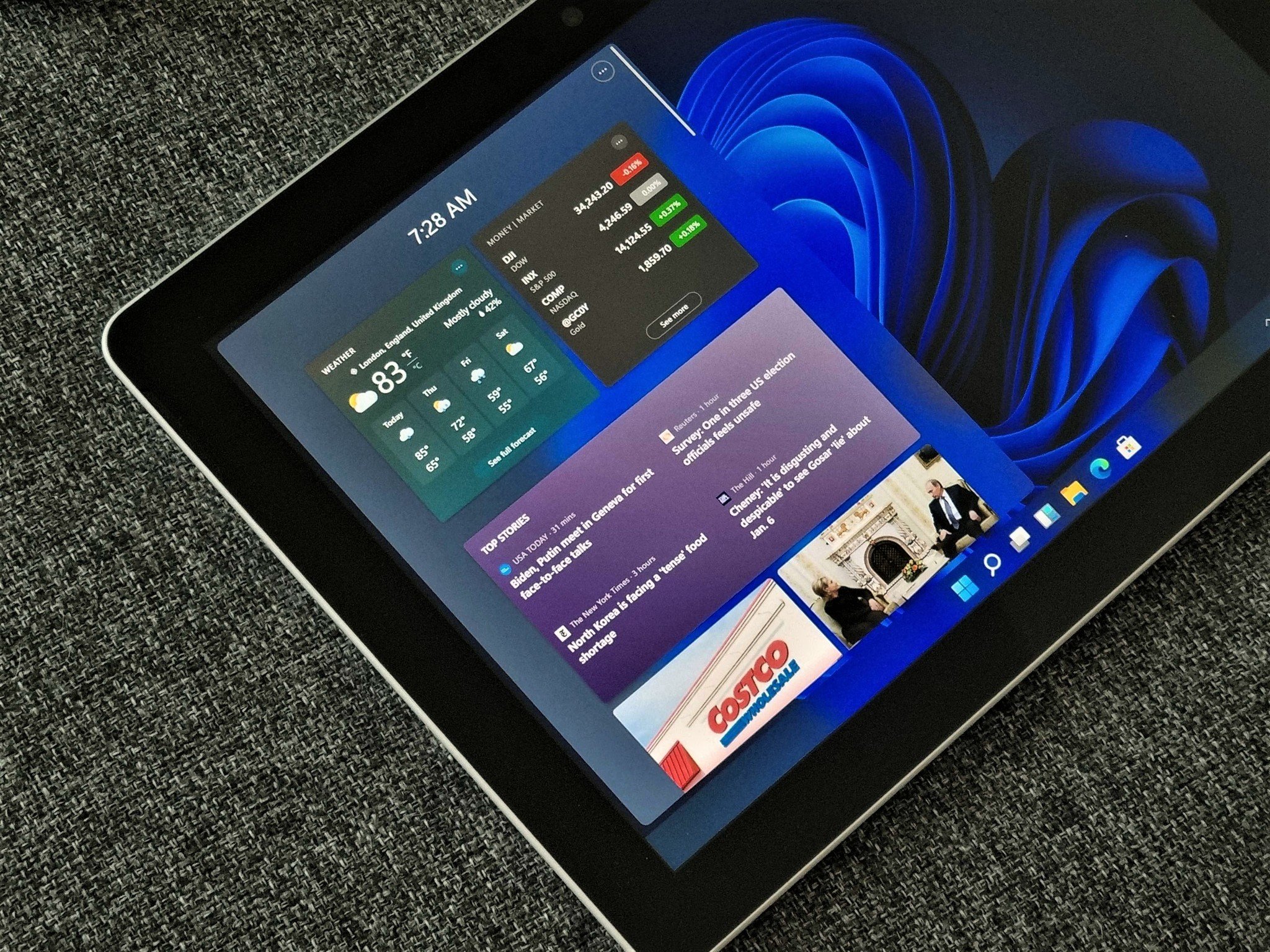Has Microsoft gone too far with web apps on Windows 11?
Windows 11 has a lot of web apps, and we want to know if you think Microsoft has taken things too far.

All the latest news, reviews, and guides for Windows and Xbox diehards.
You are now subscribed
Your newsletter sign-up was successful
Many elements of Windows 11 are powered by the web, including the entire widgets panel. Additionally, several of Microsoft's first-party apps are web apps, such as Clipchamp and the Teams Chat experience that's built into Windows 11. While web-powered components are growing in popularity, especially at Microsoft, they have critics. Many point to high RAM usage and slow performance as reasons that Microsoft should stick with native apps instead.
In this week's poll, we want to know if you're happy with the direction Microsoft has taken in this regard. The poll was inspired by a discussion sparked on Twitter earlier this month when our executive editor mentioned web apps.
Ok enjoy widgets taking 300mb of ram, chat integrated into the os that should be blazing fast and light taking a ridicolous amount of resources and time to run, compared to whatsapp beta for example, or photos app editor using 700mb of ram and I could go on and on... ENJOY /SOk enjoy widgets taking 300mb of ram, chat integrated into the os that should be blazing fast and light taking a ridicolous amount of resources and time to run, compared to whatsapp beta for example, or photos app editor using 700mb of ram and I could go on and on... ENJOY /S— Stop Bad Press (@Stop_Bad_Press) April 16, 2022April 16, 2022
Web apps provide several benefits, such as unified development across platforms. They also have drawbacks, such as higher RAM usage. Some, such as Twitter, feel native and perform smoothly. Twitter updates its web app frequently, which means that Windows users don't have to wait for a platform-specific update to get new features.
On the other side of the coin, there are programs like Microsoft Whiteboard. When Microsoft converted Whiteboard to a web app, performance got significantly worse. Microsoft Whiteboard has a 2.8-star rating in the Microsoft Store and several reviews mention poor performance.
In our testing, the pen latency on the web app version of Whiteboard is noticeably worse than the previous version. The new Whiteboard drew so much negative feedback that Microsoft announced that it would revert to the previous version.
What do you think of web apps and web-based components in Windows 11? Let us know in this week's poll and in the comments below.
All the latest news, reviews, and guides for Windows and Xbox diehards.

Sean Endicott is a news writer and apps editor for Windows Central with 11+ years of experience. A Nottingham Trent journalism graduate, Sean has covered the industry’s arc from the Lumia era to the launch of Windows 11 and generative AI. Having started at Thrifter, he uses his expertise in price tracking to help readers find genuine hardware value.
Beyond tech news, Sean is a UK sports media pioneer. In 2017, he became one of the first to stream via smartphone and is an expert in AP Capture systems. A tech-forward coach, he was named 2024 BAFA Youth Coach of the Year. He is focused on using technology—from AI to Clipchamp—to gain a practical edge.
